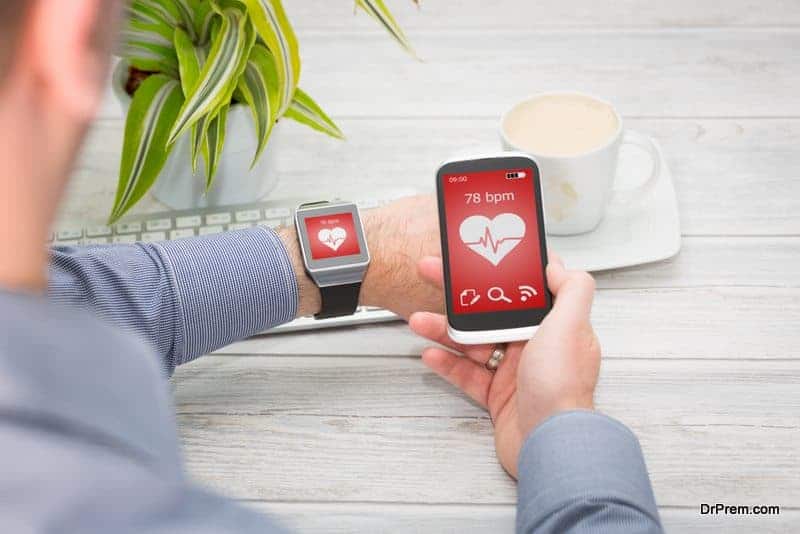Self-care apps have a purpose – to help you take care of yourself properly for your optimal well-being. Indulging in self-care is not a luxury today but a necessity. Self-care is buzzing in today’s wellness trends but more with apps. The wellness app market grew by 54.6% in 2019-21. Top 100 wellness apps were installed 1.2 billion times in 2020 driven by the pandemic scare. Millennials and Gen Z population account for 70% of downloads.
When digital detox programs are getting more attention, where do wellness apps stand? Are self-care wellness apps effective? Caring for oneself should come spontaneously. Yet, something is badly missing that is forcing us to look for some guided assistance to keep our well-being on track. Are self-care apps effective or overhyped? Are we nurturing a new form of digital dependency in the guise of well-being? Let’s get deep into it.
Revolutionizing Your Wellness Journey with Self-care Apps – Growing Market, Reasons, Pros and Cons, and Things to Consider
-
Booming of digital wellness apps business
-
Leaders of Self-care apps
-
Why the craze for Self-care apps?
-
How can self-care Apps help to take care of yourself?
-
Do you need self-care apps?
-
The negative side of self-care apps
-
Can wellness coaching be a better option?
Booming of digital wellness apps business

However, the same distraction generator, your smartphone, can virtually address every aspect of your self-care through some smartly programmed apps. The millennials’ obsession with self-care seems to be fetching good returns to the digital wellness app creators.
A data analysis report from multiple app store intelligence firms indicates an appreciable growth in the self-care apps business.
- Sensor Tower, the mobile app store Marketing Intelligence reports that the top 10 highly engaging self-care apps posted $15 million in revenue earnings in the 1stquarter of 2018 in the US and $27 million worldwide.
- The firm also found that these top 10 mindfulness and meditation-based self-care apps earned about 170% more worldwide in the 1stquarter of 2018 than in Q1 2017. In the US, the earnings were 167% more considering the same period.
- 50% of Gen Z spend more time on mental and physical well-being apps.
- A user spends 30 minutes a day on average on self-care apps.
- A majority of downloads are free apps though premium subscriptions are growing.
Leaders of the Self-care apps

Unarguably, the listed top 3 self-care apps are Calm, Headspace and 10% Happier. These are followed by Simple Habit, Breathe, YogaGlo, Yoga Studio: Mind and Body, Zen, The Mindfulness App etc. Apart from these, scores of self-care apps are entering into the wellness space vying for the mindshare of millennials.
Why the craze for Self-care apps?
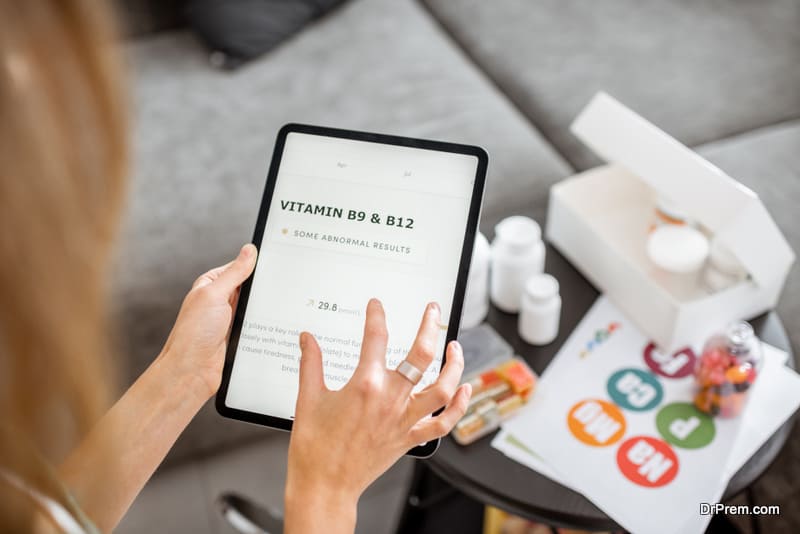
The millennials’ craze with self-care apps is a tad complex according to experts. According to Pew Research Center report in 2015, more millennials are showing commitment toward self-improvement than their previous generations. They are more aware of their self. It has somewhat turned into an obsession.
They spend more time on the internet looking for self-care enhancement tools ranging from diet-plans, personal grooming, and weight management to anxiety and stress reduction techniques. Any information related to these is bound to catch their quick attention.
But awareness about self always does not help in finding the right path to self-care. Search engines may answer your information queries but will not help you with the best-fitting guidance needed to achieve your wellness goals.
Here comes the importance of self-care apps where you can get personalized guidance to enhance your wellness. Millennials are more conscious of mental illnesses and the stigma attached to this is on the decline. This is also causing a surge in the usage of self-care apps.
How can self-care Apps help to take care of yourself?
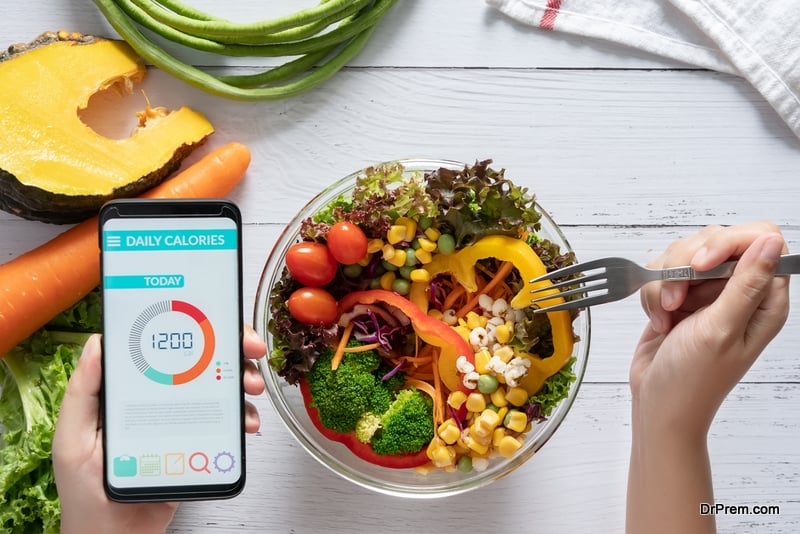
These apps allow you to select your wellness goals and direct you to activities accordingly. Occasional reminders set in the apps will help you to remain focused on your self-care. You will be able to track your improvement and view the changes in the app too.
A self-care app can help you in:
- Following the right diet-plan
- Weight management
- Tracking fitness through exercise and yoga classes
- Enhancing your mental wellbeing
- Confidence building
- Reducing your stress and anxiety
- Inducing happiness and good mood
- Self grooming
- Mindfulness and meditation
Do you need self-care apps?
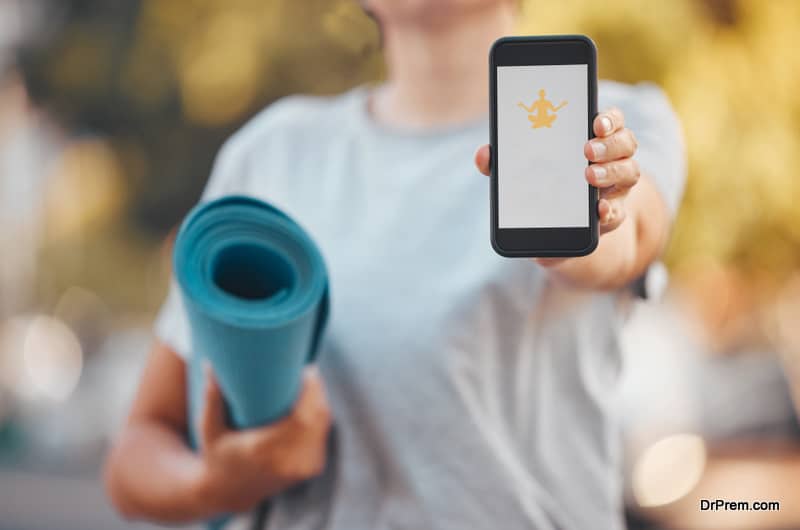
Self-care apps work wonders for those who fail to prioritize caring for themselves. It could be in nutrition, workouts, rest, and recovery. These apps help them set a basic routine nudging them to be mindful of their physical, mental, and emotional needs. If one can adhere to it, they gradually slip into self-care without stretching too much.
The negative side of self-care apps
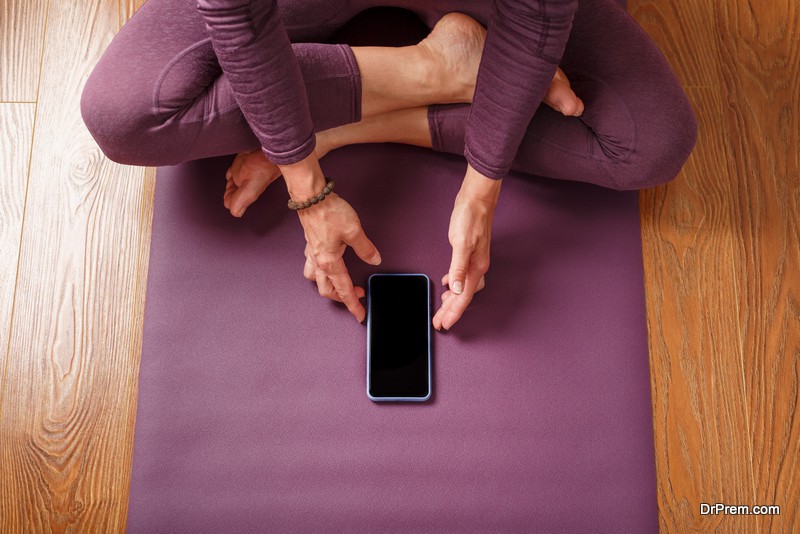
- Many apps flood with a barrage of information and guide rules leaving you overwhelmed at times.
- Generic information and guidance may not serve your unique needs.
- Limited support often restricts the room for betterment in your health and wellness journey.
- Self-care apps should not be considered an alternative to conventional treatments especially if you are suffering from serious mental illness or chronic conditions.
- There are some problems that meditation alone cannot solve.
- Data privacy challenges remain
- Most of the self-care apps are not built on research-backed studies and are approved by concerned authorities.
It is possible to create your unique self-care routine and inch towards your wellness goals without an app. With the all-pervading AI, personalization will be more feasible provided you understand your needs well and seek the right solution.
Can wellness coaching be a better option?
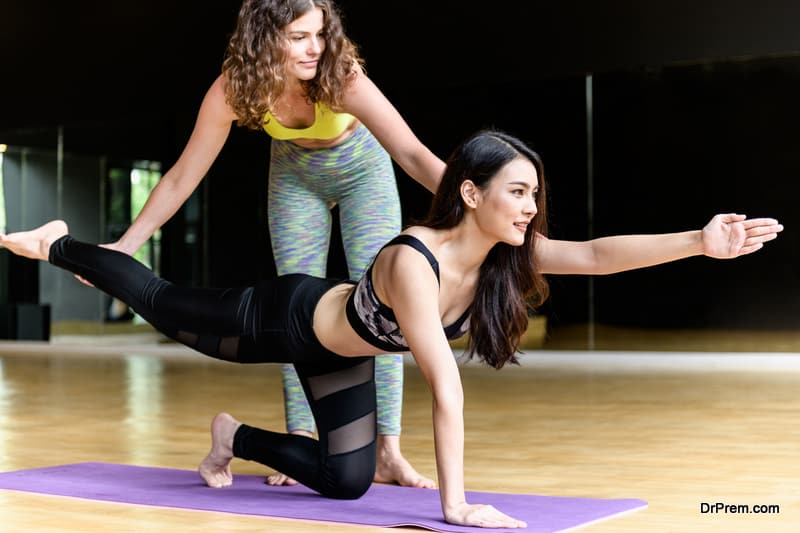
Wellness coaches, certified and experienced, provide more integrated support through motivation, guidance, and pleasant activities to keep you engaged in your self-care routine. Gamification in self-care apps does instill some motivation and engagement but that could be limited. Wellness coaches will work with you continuously studying your preferences, mood, and emotional health and iterate the routine accordingly. The only thing is you have to shell out more money and sacrifice some flexibility.


